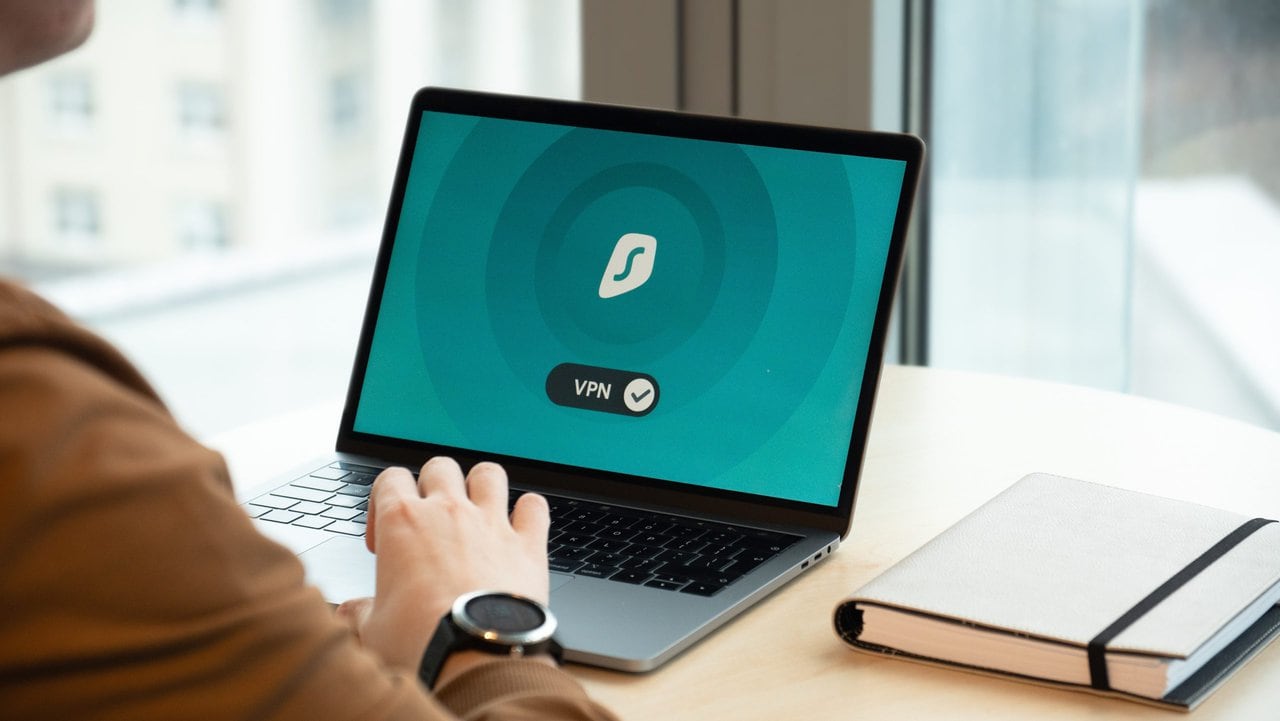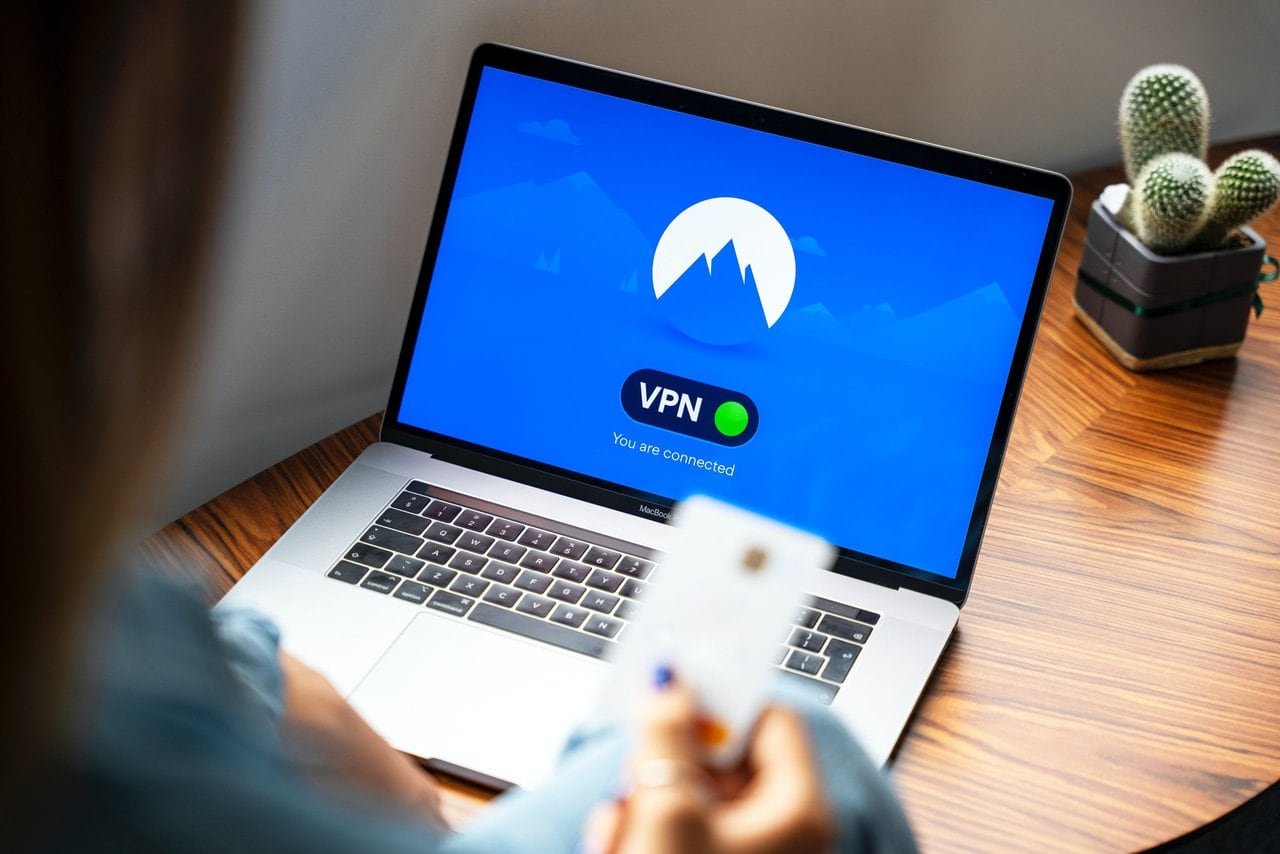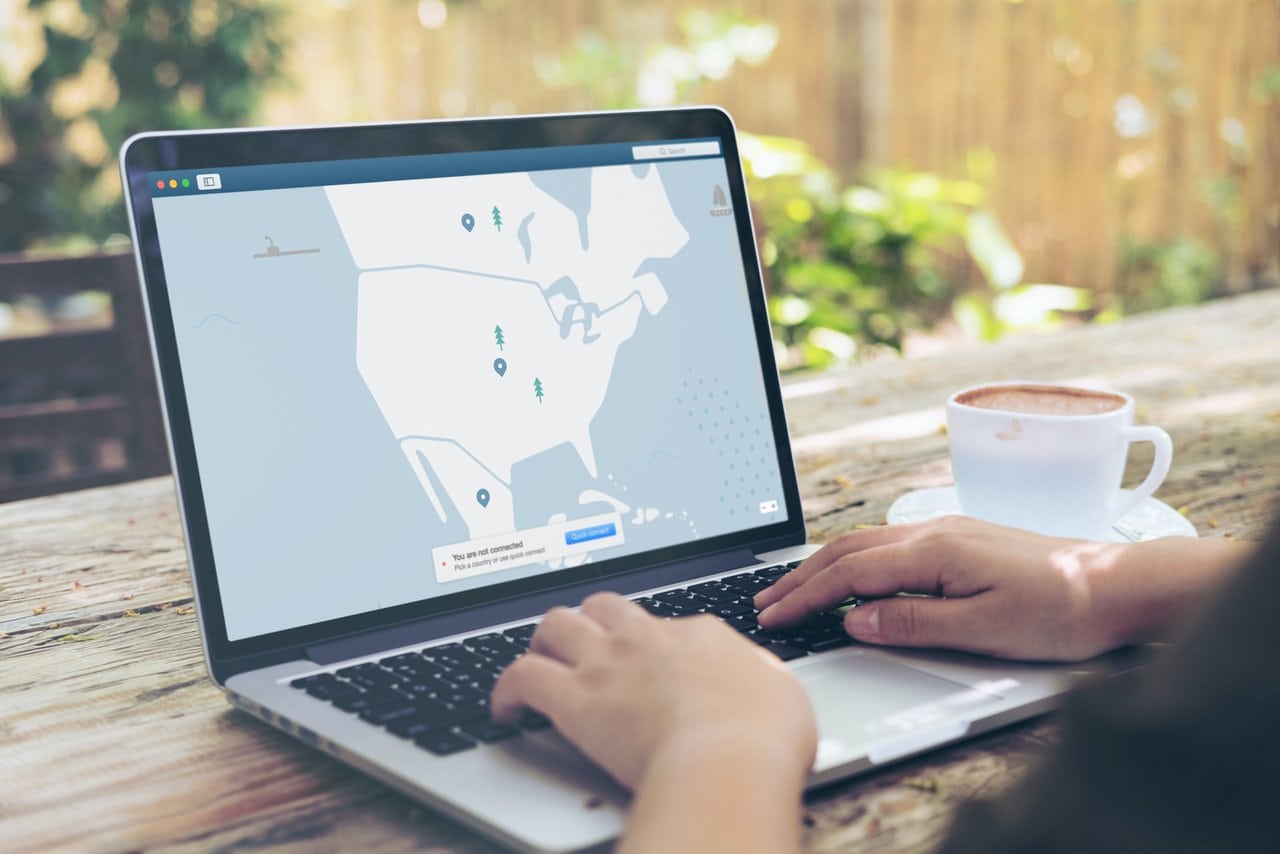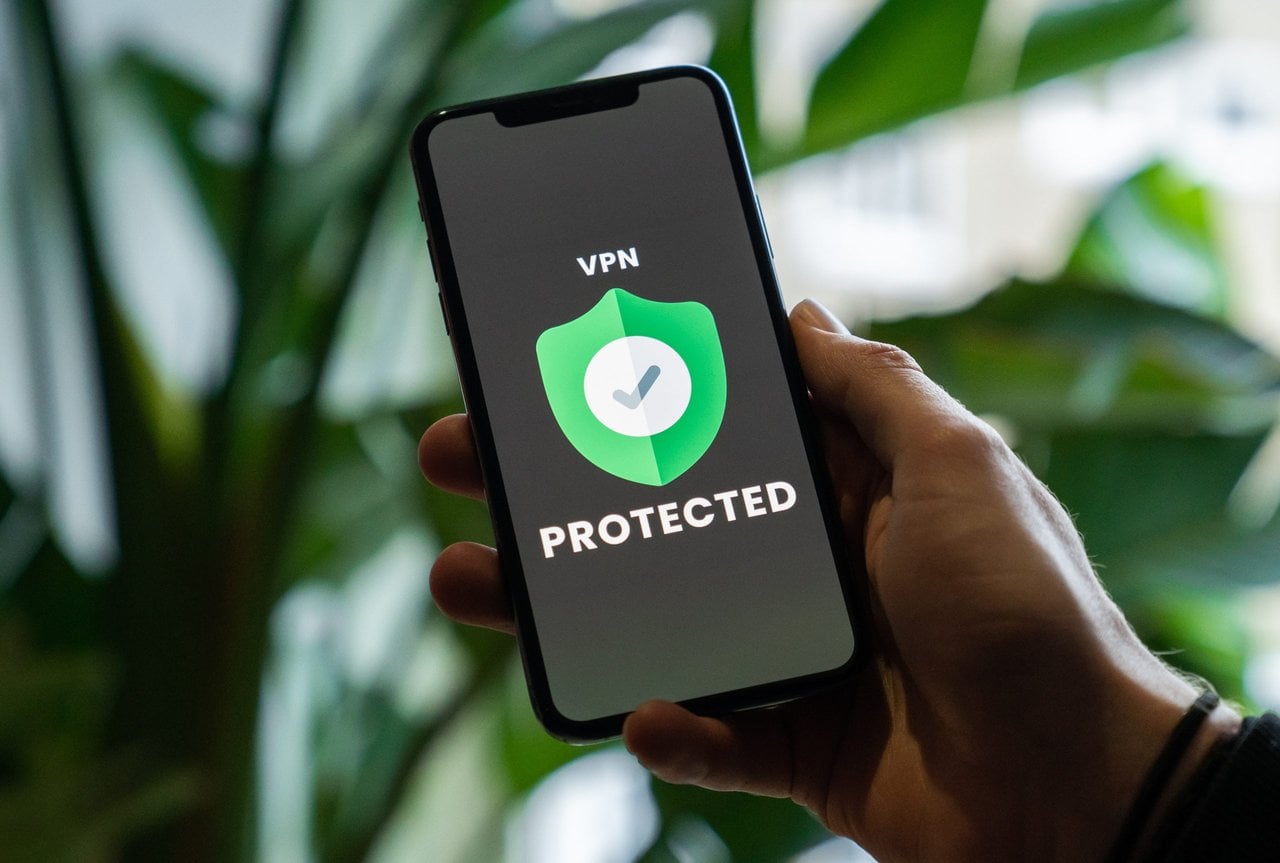The demand for private and secure internet browsing has steadily increased in recent years, with many users wishing to protect their data while they browse the web. One of the most popular ways to make sure your data is kept safe is to use a Virtual Private Network (VPN). Establishing and using a VPN can seem like a complex task, but with some knowledge and effort, it is possible for anyone to set up their own VPN.
Setting Up a VPN
Yes, it’s possible to set up your own VPN. Setting up a VPN requires some technical knowledge and effort, but the benefits are worth it. One of the advantages of setting up your own VPN is that you have complete control over your data and how it’s secured. This means you can choose which encryption protocols to use, who has access to your network, and more.
There are several ways to set up a VPN, depending on your needs and resources. For instance, you can set up a VPN using a dedicated server or virtual private server (VPS). Alternatively, you can use a router with built-in VPN capabilities or install custom firmware such as DD-WRT or Tomato on an existing router.
When setting up your own VPN, it’s important to ensure that all devices connected to the network are secure and running updated software. You should also regularly monitor for any potential security risks or vulnerabilities in order to keep your data safe.

Steps to Set Up a VPN
Setting up your own VPN might sound like a complex process, but it can be done with just a few simple steps. The first step is to choose the right VPN protocol for your needs. There are several protocols available, including PPTP, L2TP/IPSec, and OpenVPN. Each has its own strengths and weaknesses.
The next step is to select the server location where you want to host your VPN. This will depend on what you plan to use the VPN for. If you want to access content from a particular country, then you should choose a server in that country.
Once you have selected your protocol and server location, it’s time to set up the actual VPN software or service. This may involve installing an app on your device or configuring settings on your router. Once everything is set up and configured correctly, simply connect to your new VPN network and enjoy secure browsing!

Considerations Before Setting Up a VPN
Setting up a VPN (Virtual Private Network) can be an excellent way to ensure privacy and security when browsing the internet or accessing online services. However, before jumping into setting up your own VPN, there are several factors to consider. First, you need to have the necessary technical expertise to create and manage a secure server. If you are not familiar with networking or server administration, it may be best to use a third-party provider.
Secondly, you should consider the cost of setting up and maintaining your own VPN versus using a paid service. While it may seem cheaper in the short term to set up your own VPN, ongoing maintenance costs can quickly add up.
Lastly, it’s important to understand that setting up your own VPN comes with legal responsibilities. You will need to comply with data protection regulations and ensure that no illegal activity is taking place on your network. Failure to do so could result in fines or even criminal charges.
In summary, while setting up your own VPN can provide added privacy and security benefits when browsing online, there are several considerations that must be taken into account before doing so. It’s crucial to weigh the costs and benefits carefully before making any decisions about whether or not this is the right choice for you or your business.

Benefits of Having Your Own VPN
Yes, you can set up your own VPN and there are many benefits to doing so. Firstly, having your own VPN ensures the privacy and security of all data transmitted between devices on the network. This is particularly important when using public Wi-Fi networks as they are often insecure and can be easily hacked.
Secondly, setting up your own VPN allows for greater flexibility in terms of accessing content that may be restricted in certain regions. By connecting to a server located in another country, you can bypass geo-restrictions and access websites and services that would otherwise be unavailable.
Finally, having your own VPN ensures complete control over the network infrastructure. You can customize security settings to meet specific needs and ensure that no third-party provider has access to any sensitive information. In summary, setting up your own VPN may require some technical knowledge but provides numerous benefits including enhanced privacy, greater flexibility in accessing content, and complete control over the network infrastructure.
Potential Risks of Having Your Own VPN
Setting up your own VPN may seem like a good idea, but there are certain risks associated with it. For those who prefer a hassle-free and secure option, choosing from top VPN providers might be a better alternative. Firstly, if you don’t have the technical knowledge to set it up properly, your network could be vulnerable to cyber attacks. Additionally, maintaining a private server and ensuring its security can be time-consuming and expensive.
Another potential risk of having your own VPN is that it could slow down your internet speed. Your home internet connection may not have the same bandwidth as commercial VPN providers, which could result in slower browsing speeds and reduced download/upload speeds.
Lastly, using an untrustworthy or poorly configured VPN could actually compromise your privacy instead of enhancing it. Certain free or low-cost VPN services may log user data or sell it to third-party companies for advertising purposes. Overall, while setting up a personal VPN may seem like a cost-effective solution for online privacy and security concerns, careful consideration should be given to potential risks before proceeding with the setup process.

Recommended Alternatives to DIY Setup
While it is possible to set up your own Virtual Private Network (VPN), there are several reasons why you may want to consider alternatives. Firstly, setting up a VPN can be technically complex and time-consuming, especially if you lack experience in networking and cybersecurity. This means that you may end up making mistakes or leaving vulnerabilities that could compromise the security of your data.
Secondly, even if you manage to set up a VPN successfully, maintaining it can also be a challenge. You will need to keep track of updates and patches, monitor performance and troubleshoot issues as they arise. This requires both technical expertise and time commitment which many people do not have.
Finally, there are numerous VPN services available today that offer affordable pricing plans for individuals or businesses. These services provide easy-to-use apps with intuitive interfaces for various devices while ensuring top-notch encryption protocols and privacy features. By subscribing to these services rather than DIY setup, you can save yourself the hassle of configuration and maintenance while enjoying reliable protection for your online activities.
Conclusion: Choosing the Right Option
In conclusion, setting up your own VPN can be a viable option if you have the technical expertise and resources. However, it is important to weigh the pros and cons before making a decision. While setting up your own VPN may give you more control over security measures and privacy settings, it also requires significant time and effort.
If you don’t have the technical know-how, or simply don’t want to invest the time in creating your own VPN, there are plenty of third-party options available. These services offer varying levels of security and customization options at different price points. It’s important to do thorough research before selecting a provider to ensure that they prioritize user privacy and data protection.
Ultimately, choosing whether to set up your own VPN or use a third-party service depends on personal preference and individual needs. Consider factors such as budget, level of technical expertise required, desired level of customization/control over security measures, and overall ease-of-use when making your decision.
